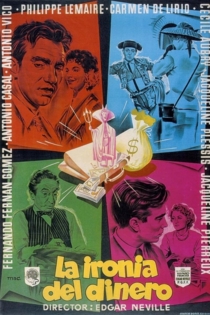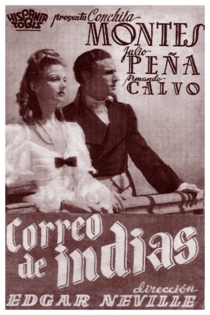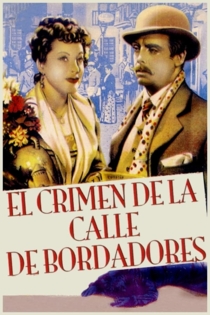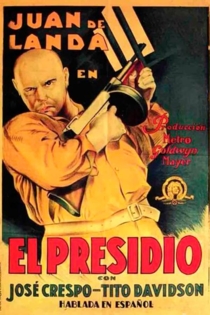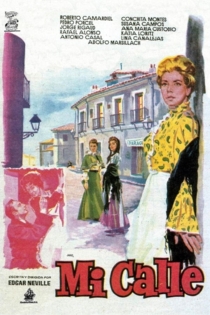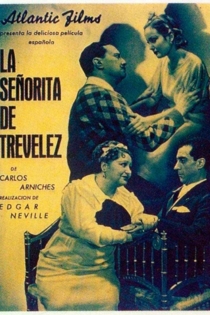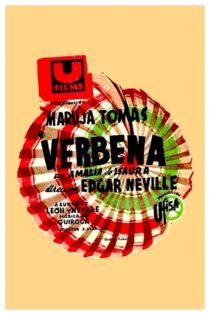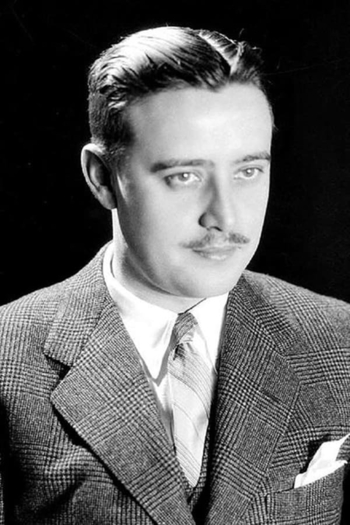
Edgar Neville
1899 - 1967Duende y misterio del flamenco
Edgar Neville
Title changed to "Flamenco" when it was first released in the USA in 1954, this is a program of Spanish songs and dances with the emphasis on "flamenco" or gypsy contributions. The USA version has an English narrative written by Walter Terry, the dance critic of the "New York Herald Tribune" newspaper. Heading the cast are Antonio (I), Pilar Lopez and Maria Luz, three of Spain's foremost dancers of the time, accompanied by members of the Ballet Espanol. Filmed in Cinefotocolor in which orange and blue dominated, a combination that should appeal to the fans of Auburn University athletic teams. Distributed in the USA by Martin J. Lewis.
Flamenco
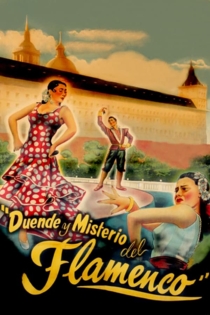
La vida en un hilo
Edgar Neville
Conchita Montes, Rafael Durán
After burying his late husband, a young widow leaves his provincial life and heads to the city. It was a very hard stage in her life, and she had to bear it with resignation, but now she's willing to make up for lost time. On the way to the city, she meets a fortune teller who will talk to her about the decisions she made or could have made.
La vida en un hilo
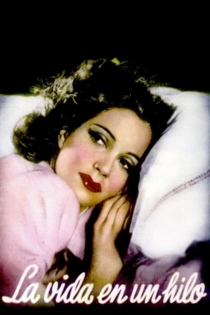
Café de París
Edgar Neville
Conchita Montes, José Nieto
After suffering a family tragedy, Carmen leaves Spain and emigrates to Paris, where she will make new friends among some of the most peculiar characters who inhabit the bohemian neighborhoods of the city. (Partially lost film.)
Café de París
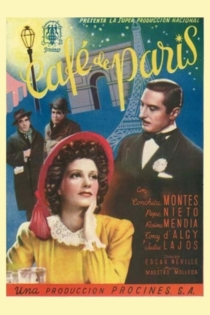
El último caballo
Edgar Neville
Fernando Fernán Gómez, Conchita Montes
Fernando has just finished the military service. It decides to buy Bucéfalo, the horse that has been his partner for this time and returns to Madrid removing with it to the animal. But everything has changed, the city already neither is the same and even he nor finds stables nor has time to attend to it. This way the things remedy will not have any more that to look for any solution.
The Last Horse
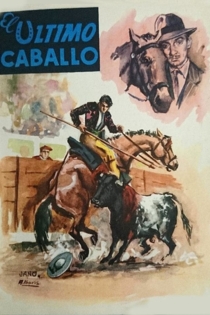
La torre de los siete jorobados
Edgar Neville
Antonio Casal, Isabel de Pomés
In Madrid, Spain, at the end of the 19th century, the young and reckless Basilio seems to be the only person who perceives the spectral presence of Professor Robinsón de Mantua, who begs him to take care of his niece Inés, because she is in grave danger.
La torre de los siete jorobados
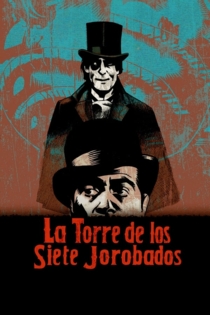
Domingo de carnaval
Edgar Neville
Conchita Montes, Guillermo Marín
Madrid, Carnival Sunday. A night watchman finds the body of a woman, a rich and greedy moneylender who has apparently been murdered. The prime suspect is a watchmaker who owed her a lot of money.
Carnival Sunday
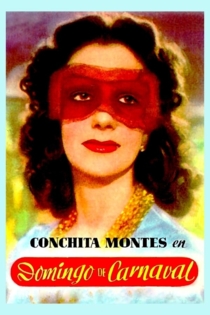
El baile
Edgar Neville
Conchita Montes, Alberto Closas
Pedro and Julian, two friends entomologists are in love the same woman, Adela, who decides to marry Peter. Julian attends the marriage, but acts against women as her own husband. The passion that unites the two friends, entomology, leads them to conclude a treaty. The woman, however, is not comfortable with the life she has lived and want to abandon them. Discovered that she suffers from the disease, makes men willing to please her in everything, without her knowing the reason for his change of attitude.
El baile
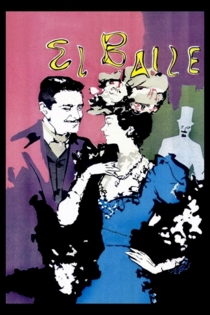
El señor Esteve
Edgar Neville
Alberto Romea, Carmen de Lucio
Barcelona, 1860. Mr. Esteve, owner of a haberdashery and proud of his son, attends the christening of his grandson who, years later, determined to become a renowned artist, seems unwilling to continue the tradition and take over the family business. (Only badly preserved and severely mutilated copies of this film survive, just 69 out of a total of 108 minutes.)
El señor Esteve
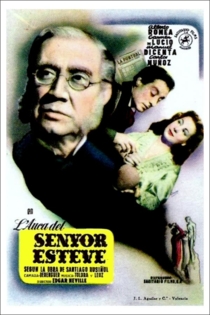
Nada
Edgar Neville
Conchita Montes, Fosco Giachetti
Barcelona, in the forties. Young Andrea comes to town to start college in the midst of an oppressive environment and extreme poverty. She's staying at her aunt Angustias, along with other family members. But the quarrels between them are continuous, making evident the open wounds left by the Spanish civil war.
Nothing
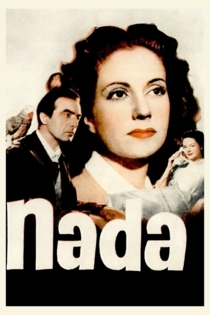
La ironía del dinero
Guy Lefranc, Edgar Neville
Antonio Vico, Irene Caba Alba
The finding of a wallet with a lot of money is the common theme of four stories, featuring a shoeshine from Seville, a clerk from Salamanca, a bullfighter from Cuenca and a newspapers seller from Paris.
The Irony of Money
